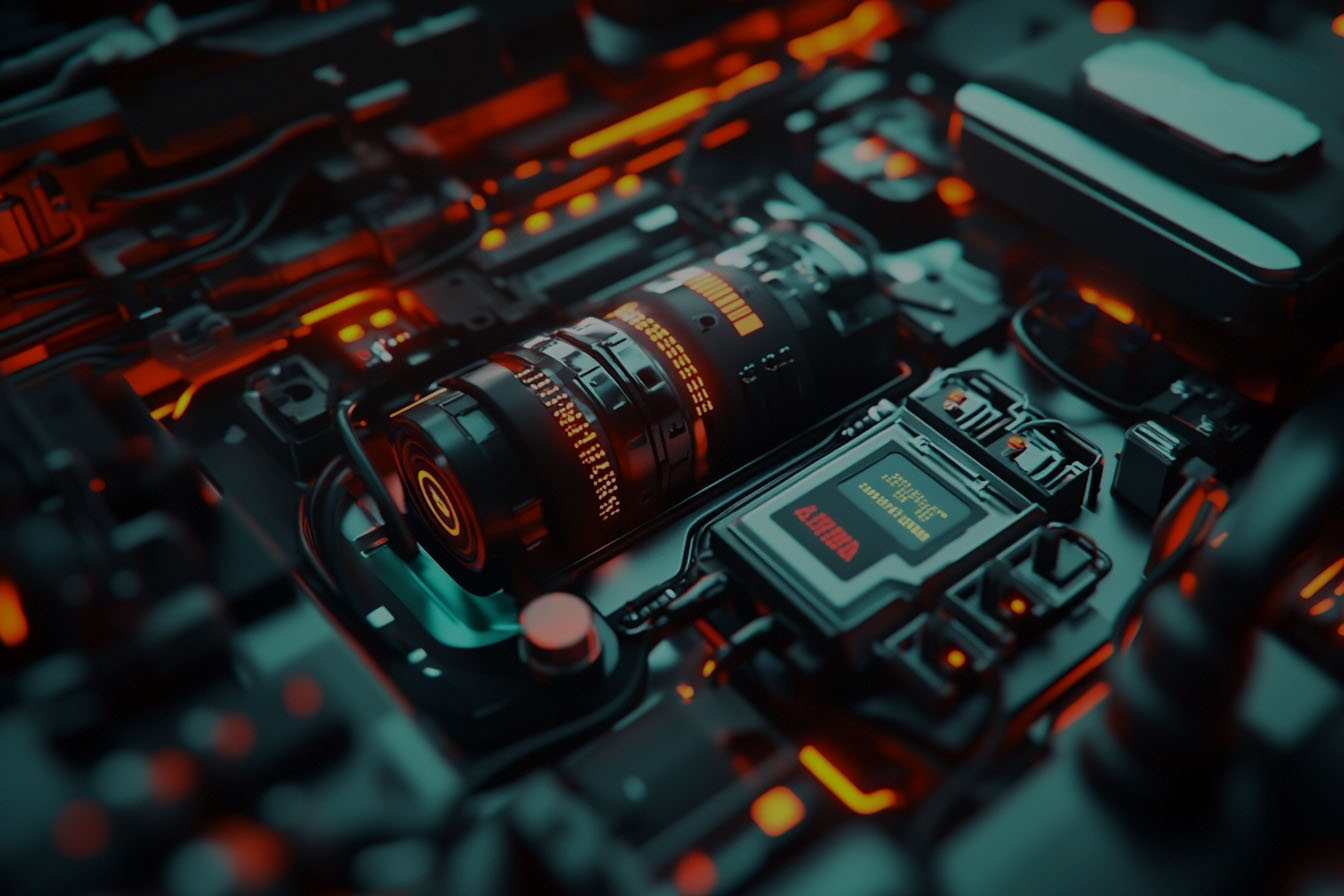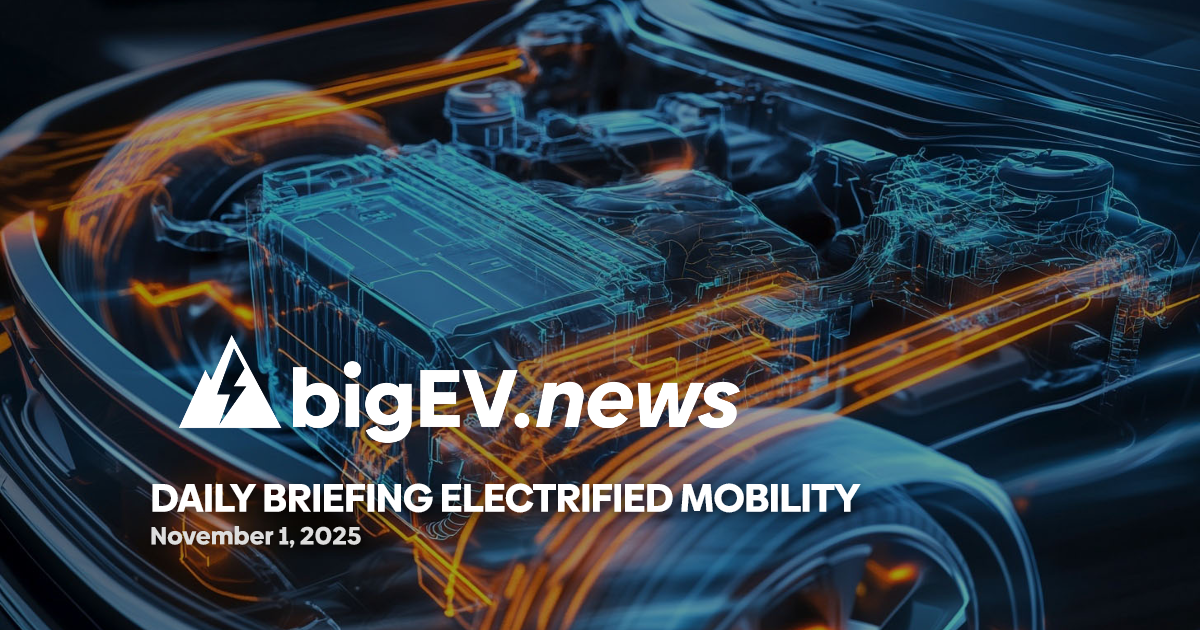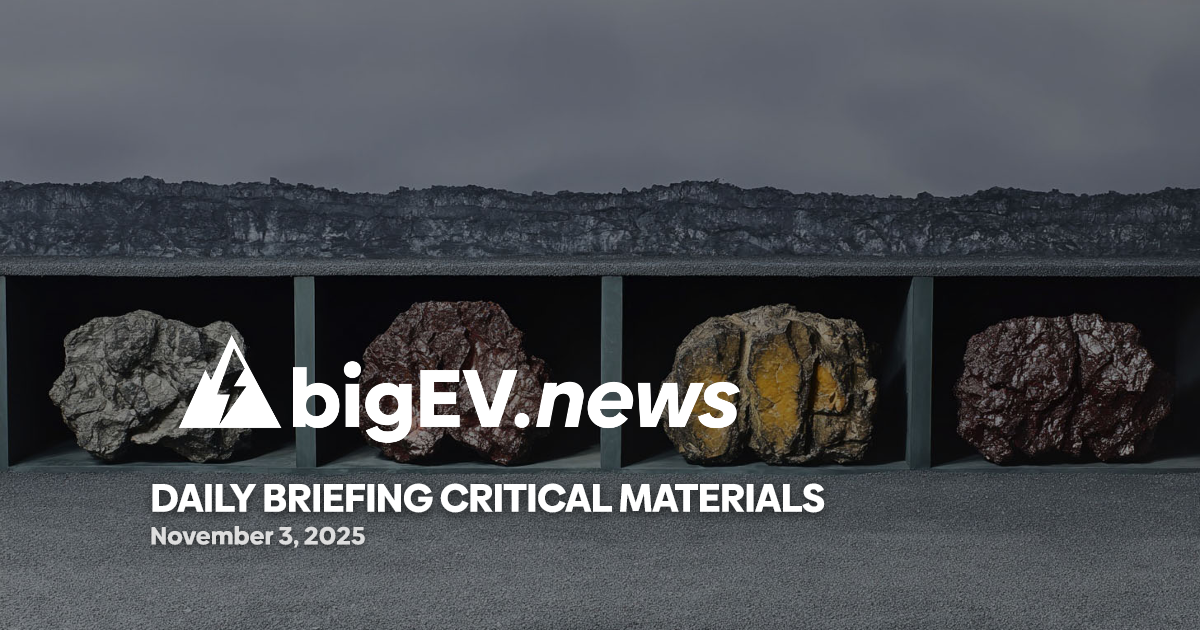At a glance – The past 24 hours have seen a surge in electrification momentum across marine, motorcycle, eVTOL, and aerospace sectors, with OEMs and startups alike accelerating investment and innovation. Notable developments include new electric vessel launches, strategic rigging partnerships, and the unveiling of advanced battery integration platforms. Regulatory bodies are also stepping up, with new emissions standards and procurement models reshaping the competitive landscape. The convergence of battery, inverter, and motor supply chains is enabling cross-sector technology transfer, while regional market leaders in Europe and North America are setting the pace for global adoption.
Technology advance – Ferrari has made headlines with the official unveiling of its Hypersail project, a fully renewable-powered sailing vessel that marks the luxury automaker’s bold entry into marine electrification. The Hypersail leverages advanced battery systems and integrated solar arrays, signaling Ferrari’s commitment to decarbonizing high-performance marine transport. Meanwhile, Finland’s FoilOne Pegasus has debuted as a single-seater, hydrofoiling electric boat inspired by Formula 1 design, targeting the performance enthusiast market. Both launches highlight the rapid maturation of marine EV platforms, with purpose-built hulls and propulsion systems now rivaling traditional combustion-powered craft in both range and speed.
Partnerships – Flux Marine, a leading developer of electric outboard motors, has announced a pivotal rigging partnership with Highfield Boats. This collaboration enables Highfield to install Flux Marine’s 115 hp electric outboards directly at its Michigan facility, significantly reducing delivery times for the Highfield Sport 660 Electric. The partnership is expected to accelerate North American market penetration for both companies, providing dealers and customers with faster access to integrated electric propulsion solutions. Executives from both firms emphasized the importance of close technical integration and streamlined logistics in scaling up marine electrification, with the partnership serving as a model for future OEM-supplier alliances in the sector.
Acquisitions/expansions – Yamaha Motor Corporation’s recent acquisition of Torqeedo, a German electric marine propulsion manufacturer, is reshaping the competitive landscape. Yamaha plans to leverage Torqeedo’s extensive patent portfolio and R&D capabilities to expand its electric and hybrid marine offerings. The acquisition brings together Yamaha’s global distribution network and Torqeedo’s advanced battery, motor, and inverter technologies, positioning the combined entity to compete aggressively in both recreational and commercial marine markets. This move follows a broader trend of major conglomerates, including Brunswick and Volvo Penta, making strategic investments to secure supply chains and accelerate electrification across product lines.
Regulatory/policy – The U.S. Navy is piloting a new ship procurement model designed to bridge the gap between large military contracts and smaller, agile shipyards, with a focus on integrating electric and hybrid propulsion systems. This approach aims to foster innovation and sustainability by enabling smaller builders to participate in defense contracts, while also supporting the Navy’s decarbonization goals. In parallel, European regulators continue to drive market growth through stringent marine emissions standards, with the continent now holding over 40% of the global electric boat market share. These regulatory shifts are prompting OEMs to accelerate R&D and deployment of compliant electric platforms, further fueling sector-wide adoption.
Finance/business – The electric marine market is experiencing robust growth, with over 100 manufacturers actively developing new solutions and Europe emerging as the dominant regional player. Companies like Pollentia and SeaEO report increased consumer demand, driven by improved battery efficiency, lower operating costs, and heightened environmental awareness. Vision Marine, in partnership with Port de plaisance La Ronde, is set to launch Quebec’s first electric boating center in Montreal, featuring sales, training, and service for electric vessels. This initiative, slated for 2026, exemplifies the growing ecosystem of support services and infrastructure required to sustain long-term market expansion. Industry leaders predict continued improvements in battery integration, charging infrastructure, and consumer education will be key to maintaining the sector’s upward trajectory.
Sources: Electric Hybrid Marine Technology, Boating Industry, WorkBoat, Stock Titan, Mobility Foresights, Roots Analysis









